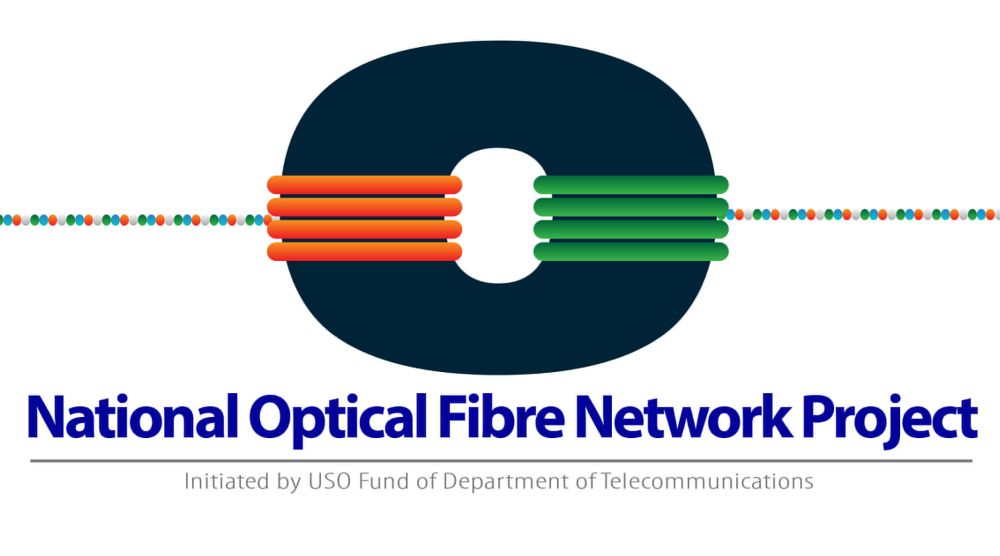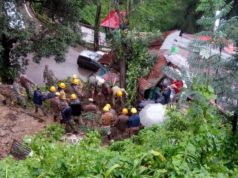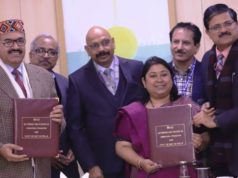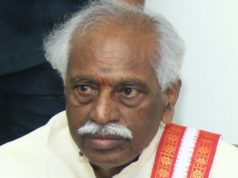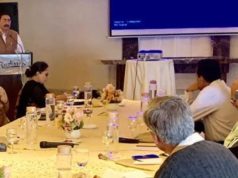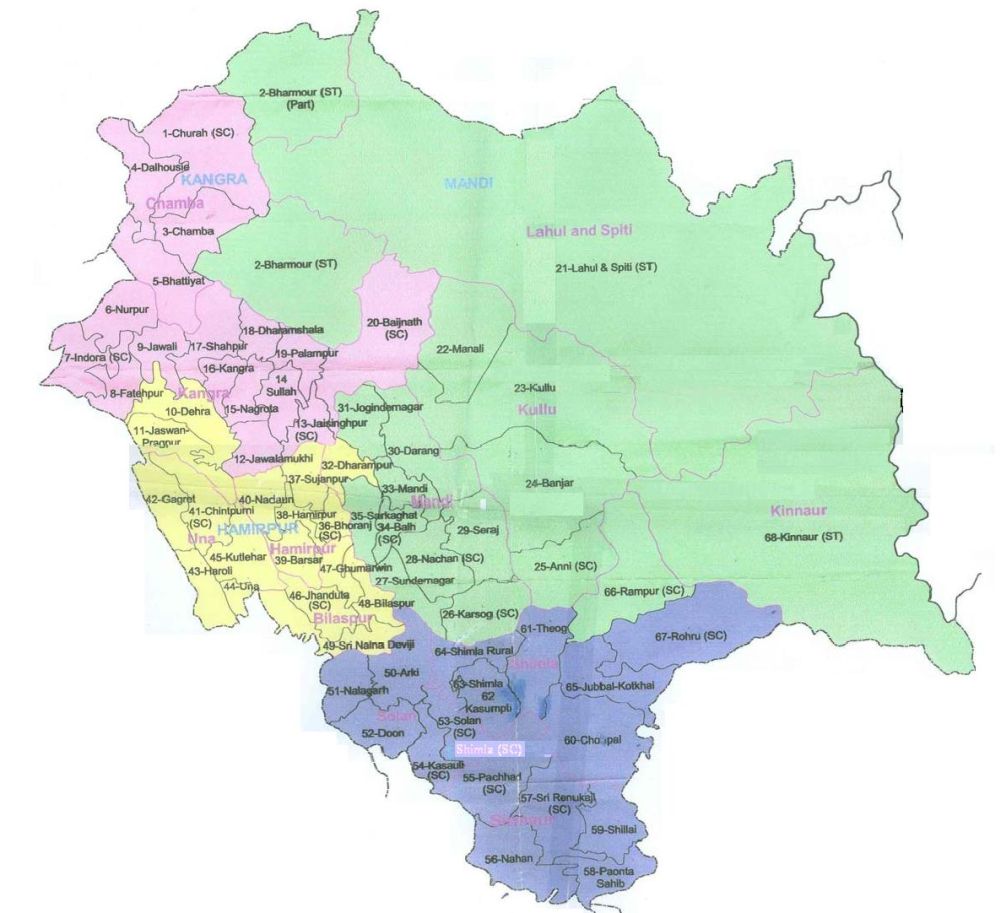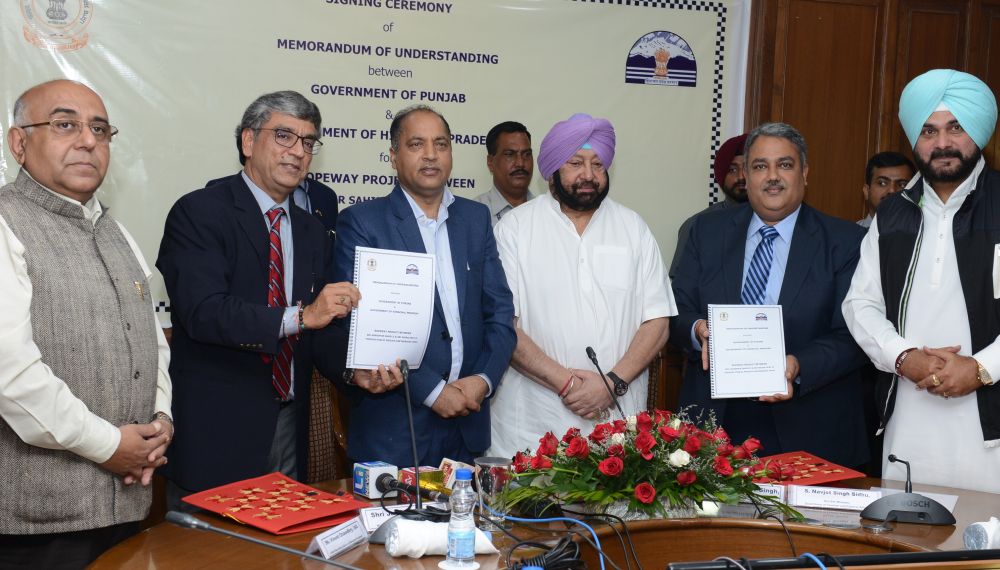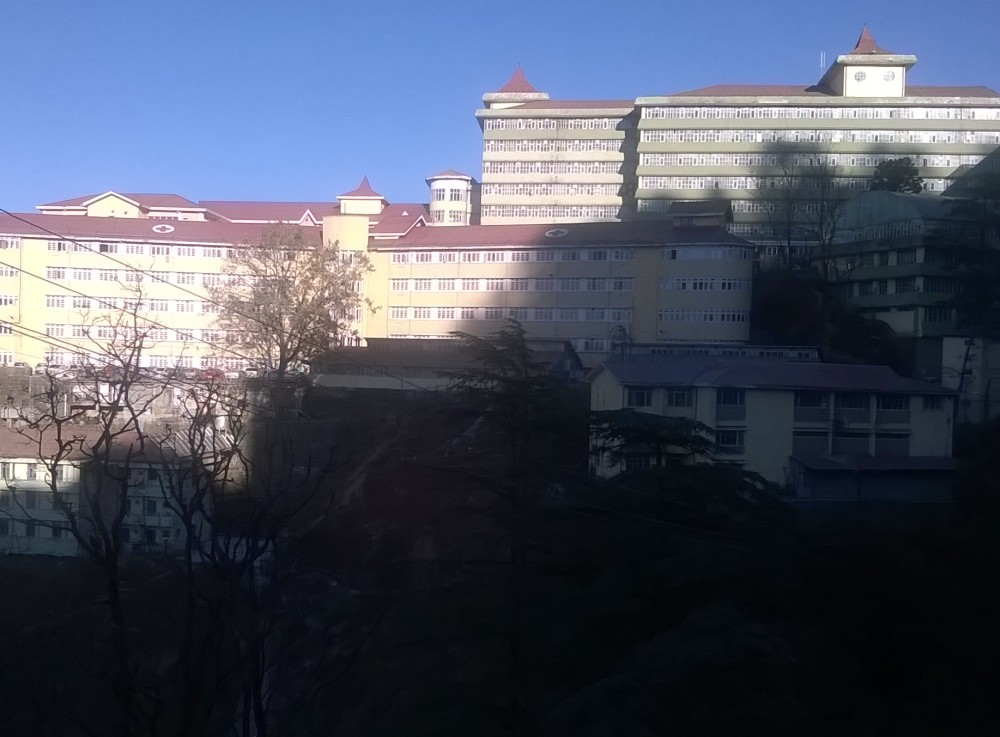Aiming to provide improved access to information and facilitate electronic delivery of services like e-education, e-health, e-banking, e-agriculture to the rural population, under National Optical Fibre Network (NOFN) the Himachal Pradesh Government is endeavoring to connect all the 3243 Gram Panchayats of the State.
The State Government was implementing National Optical Fibre Network and at present Optical Fibre Cable (OFC) connectivity was available at the State Capital, district headquarters and upto the block level.
The project will connect all the panchayats with broadband internet connectivity, and would help in proliferating the benefits of Information and Communication Technology (ICT) down to panchayat level. This will be done by utilizing existing fibres of BSNL and laying incremental fibre to connect to Gram Panchayats wherever necessary.
The services would improve connectivity for applications used by Panchayats under various government schemes like MNREGA, PDS, Land Records, Birth/Death Certificates/Digital Literacy etc. Use of NOFN by Telecom Operators and Service Providers would also result in creation of local employment, revenue generation.
On the national level, the government has planned connect all the 2,50,000 Gram panchayats in the country. This will be done by utilizing existing fibres of PSUs (BSNL, Railtel and Power Grid) and laying incremental fibre to connect to Gram Panchayats wherever necessary. Dark fibre network thus created will be lit by appropriate technology thus creating sufficient bandwidth at the Gram Panchayats.
Non-discriminatory access to the NOFN will be provided to all the Service Providers. These service providers like Telecom Service Providers (TSPs), ISPs, Cable TV operators and Content providers can launch various services in rural areas. Various categories of applications like e-health, e-education and e-governance etc. can be provided by these operators.
The NOFN project is estimated to cost about Rs. 20,000 Cr nationwide, and is proposed to be completed in 2 years’ time. The project will be funded by the Universal Service Obligation Fund (USOF).


